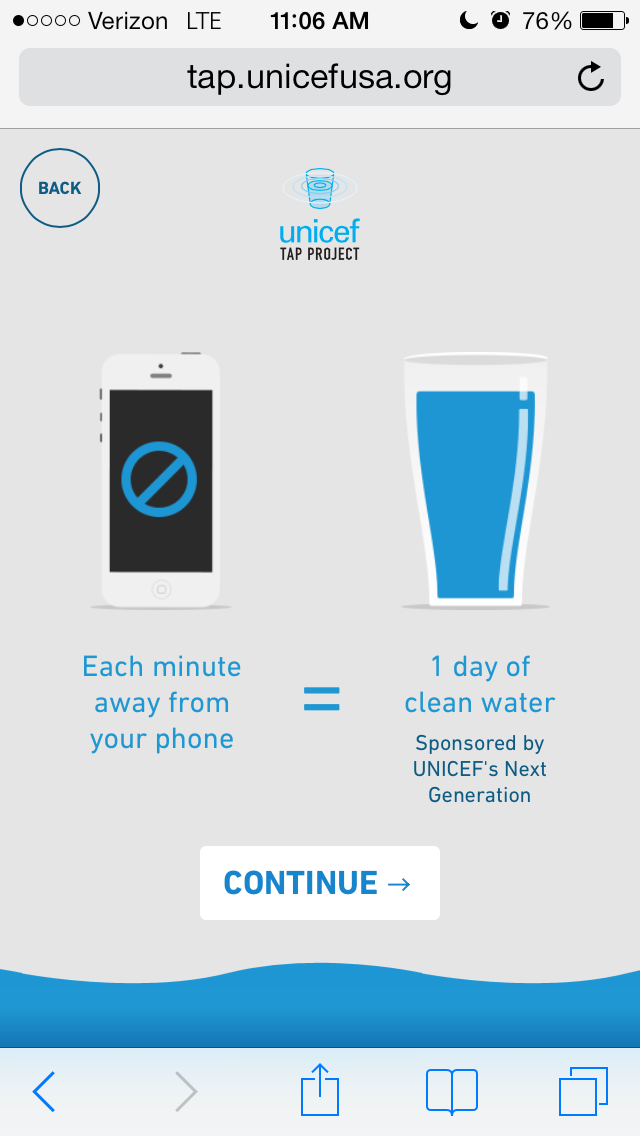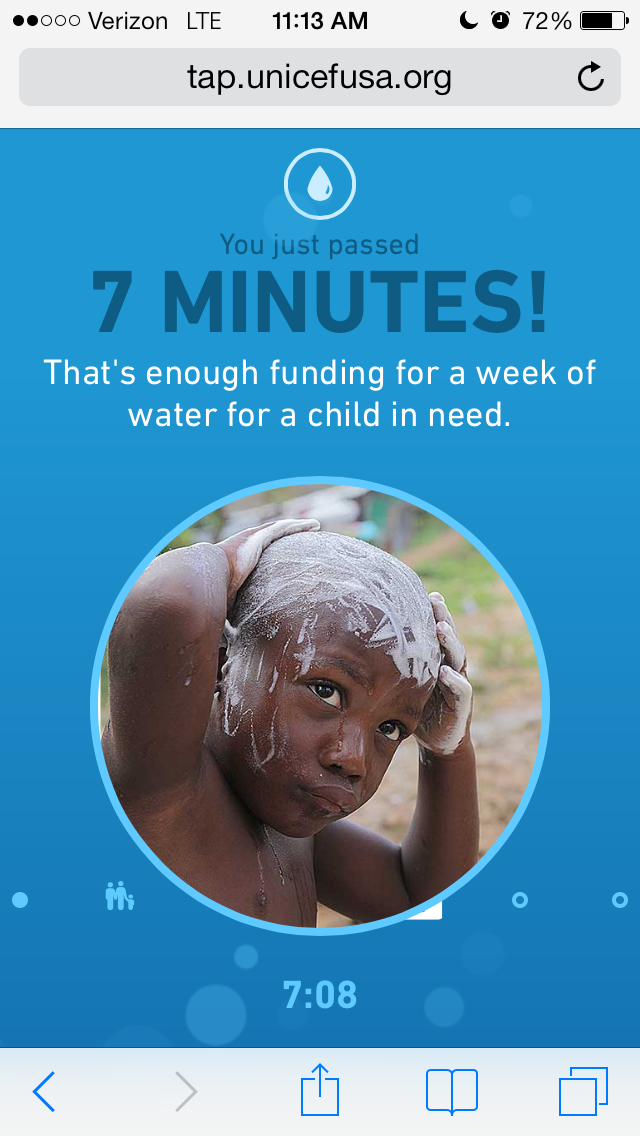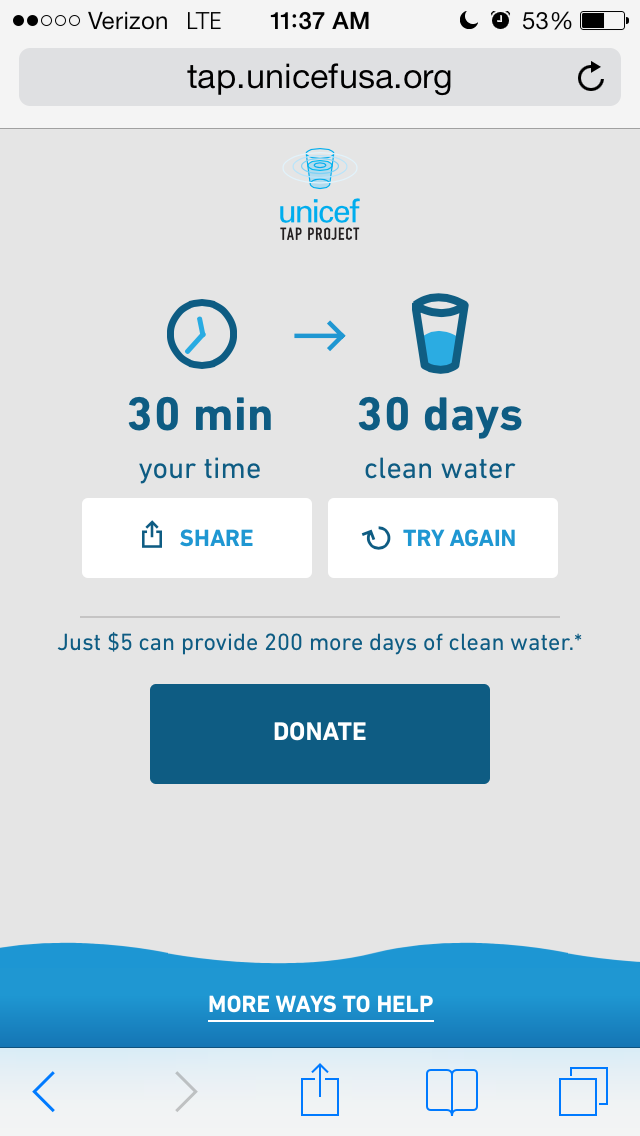
Get your FREE 30-day trial.
Please complete all fields.
The United Nations Children's Fund (UNICEF) is one of the world's most well-known nonprofit organization working in more than 190 countries and territories improving children's lives by providing health care and immunizations, clean water and sanitation, nutrition, education, emergency relief and more.
UNICEF clean water initiatives have impacted over 2 billion people since 1990. In the United States, clean water has never been a worry for most of us, but according to UNICEF, 768 million people in the world do not have access to safe, clean drinking water, and 2.5 billion people live without proper sanitation. This leads to over 1,400 children who die every day from diseases directly linked to unsafe water or a lack of basic sanitation.
UNICEF started the Tap Project in 2007 to help children gain access to clean water. This program has been a vital part to UNICEF's mission ever since. On Valentine's Day, 2014, UNICEF launched the new UNICEF Tap Project 2014. I loved this campaign from the second I saw it not only for the impact it is leaving on our world, but also for the unique, captivating nature of the campaign.
This new mobile campaign takes advantage of consumer's addiction to technology, specifically our smartphones
In a world where 75% of Americans bring their phones to the bathroom, UNICEF has built a microsite where for each minute you go without touching your smartphone, their sponsors donate a dollar, which equates to a day's worth of clean water.
Head over to http://tap.unicefusa.org on your mobile phone's browser and follow the instructions. UNICEF has taken advantage of your phone's ability to detect movement and begins the clock when your phone is steady. As the clock is running, UNICEF provides various facts about clean water and the solution you are providing for children in need. When you pick up your phone, it tells you how long you went without your phone and what impact that had on children without clean water.



Gamification
UNICEF has also gamified some aspects of the campaign as it tells you the record time in your state, creating a competitive nature around going without your phone. It challenges you to not only beat others, but also yourself. After going through the process once, you become ashamed of how long you went and start to challenge yourself for how long you can go without touching your phone.
Perspective
UNICEF's campaign brought a great deal of perspective to me about the dependence we have on our mobile phones. I was inspired by the Tap Project's ability to bring things into a global perspective and their use of mobile to not only raise awareness about clean water, but also to raise money. It is important for non-profits to bring a personal approach to their marketing campaigns and provide perspective around the issues they are trying to solve. More and more nonprofits are looking to new channels like mobile and social media to connect with our on-the-go society.
In a world addicted to technology, I admired this UNICEF campaign and hope that you too can check it out and see how long you can go without your phone and donate to children in need. Leave me your thoughts and how long you went without your phone in the comments below.
[Images: UNICEF Tap Project Screenshots]